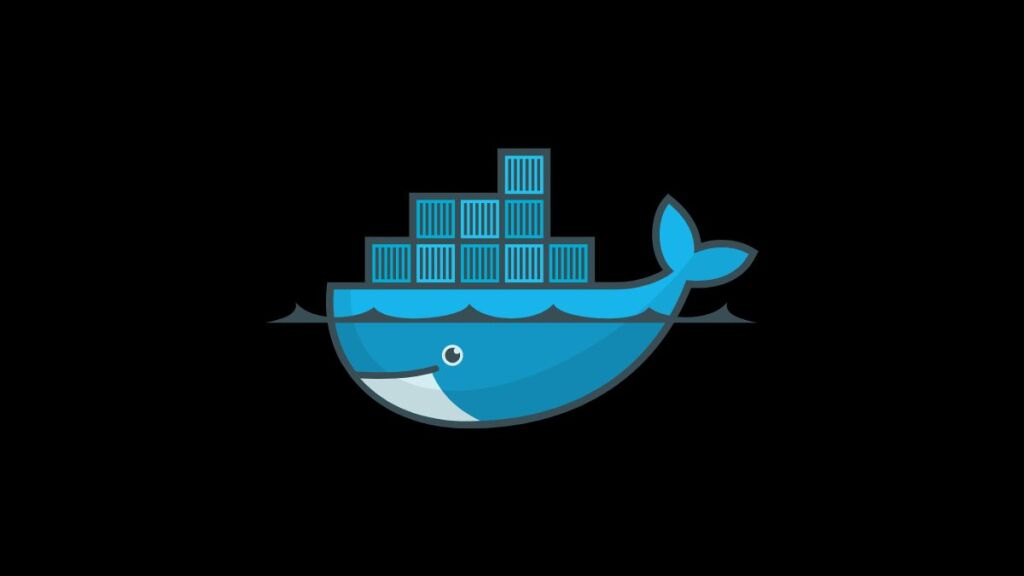Docker registries play a crucial role in the Docker ecosystem, allowing developers to push and pull images to streamline containerized applications’ development, sharing, and deployment processes. Over time, users might find themselves logged into multiple Docker registries, which could be public, like Docker Hub, or private ones hosted by cloud providers or internally by organizations. Managing authentication across these registries is vital for security and operational hygiene. This article delves into logging out of all Docker registries, ensuring that your Docker client does not retain access where it’s no longer needed or authorized.
Understanding Docker Logout
The Docker CLI provides a straightforward command to log out from a Docker registry:
docker logout [SERVER]Where [SERVER] is the hostname of the Docker registry. If no server is specified, the command defaults to Docker’s public registry, Docker Hub.
Logging out is essential to prevent unauthorized access to your Docker images and registries, especially on shared or public machines. It’s also a critical step in managing credentials when switching between different projects or when credentials have been updated.
Why Log Out of All Registries?
- Security: Ensures that stale or compromised credentials are not left on a system, reducing the risk of unauthorized access.
- Credential Management: Helps manage and update credentials, especially in environments with strict access controls and frequent credential rotation policies.
- Clean Environment: Keeps your development or deployment environment clean, preventing accidental pushes or pulls from the wrong registry.
Logging Out of All Docker Registries
Unlike logging into multiple registries, Docker does not provide a direct command to log out from all registries simultaneously. Logging out must be performed individually for each registry. However, you can manage and automate this process by understanding where Docker stores its credentials.
Docker Credential Storage
Docker credentials are stored differently based on the operating system:
- Linux: Docker stores credentials in a file, typically at
~/.docker/config.json. - macOS and Windows: Docker uses the native OS keychain to store credentials securely.
Manual Logout Process
To log out of all registries manually, you would need to identify each registry you’re logged into and use the docker logout [SERVER] command for each. On Linux, you can inspect the ~/.docker/config.json file to see which registries you have authentication tokens for.
Automating Logout (Linux Example)
You can automate the logout process with a simple script for environments like Linux, where credentials are stored in a plain JSON file. Here’s an example script that logs out of every registry listed in the config.json file:
#!/bin/bash
# Path to Docker config
DOCKER_CONFIG="${HOME}/.docker/config.json"
# Extract all registry URLs
registries=$(jq -r '.auths | keys[]' "${DOCKER_CONFIG}")
for registry in $registries; do
echo "Logging out of ${registry}..."
docker logout "${registry}"
done
echo "Logged out of all registries."Note: This script requires jq, a lightweight and flexible command-line JSON processor. Ensure it’s installed on your system before running the script.
For macOS and Windows
On macOS and Windows, where credentials are stored in the keychain, logging out must be done individually for each registry using the docker logout [SERVER] command, as there’s no direct access to the credentials storage to automate the process programmatically.
Conclusion
Regularly logging out Docker registries, especially in shared or public environments, is a good security practice. While Docker does not provide a built-in way to log out of all registries at once, with a bit of effort, you can manage this process manually or automate it on Linux systems. Keeping your Docker credentials managed and updated helps maintain the security and integrity of your containerized applications and development environments.
- Car Dealership Tycoon Codes: Free Cash for March 2024 - April 9, 2024
- World Solver - April 9, 2024
- Roblox Game Trello Board Links & Social Links (Discord, YT, Twitter (X)) - April 9, 2024

